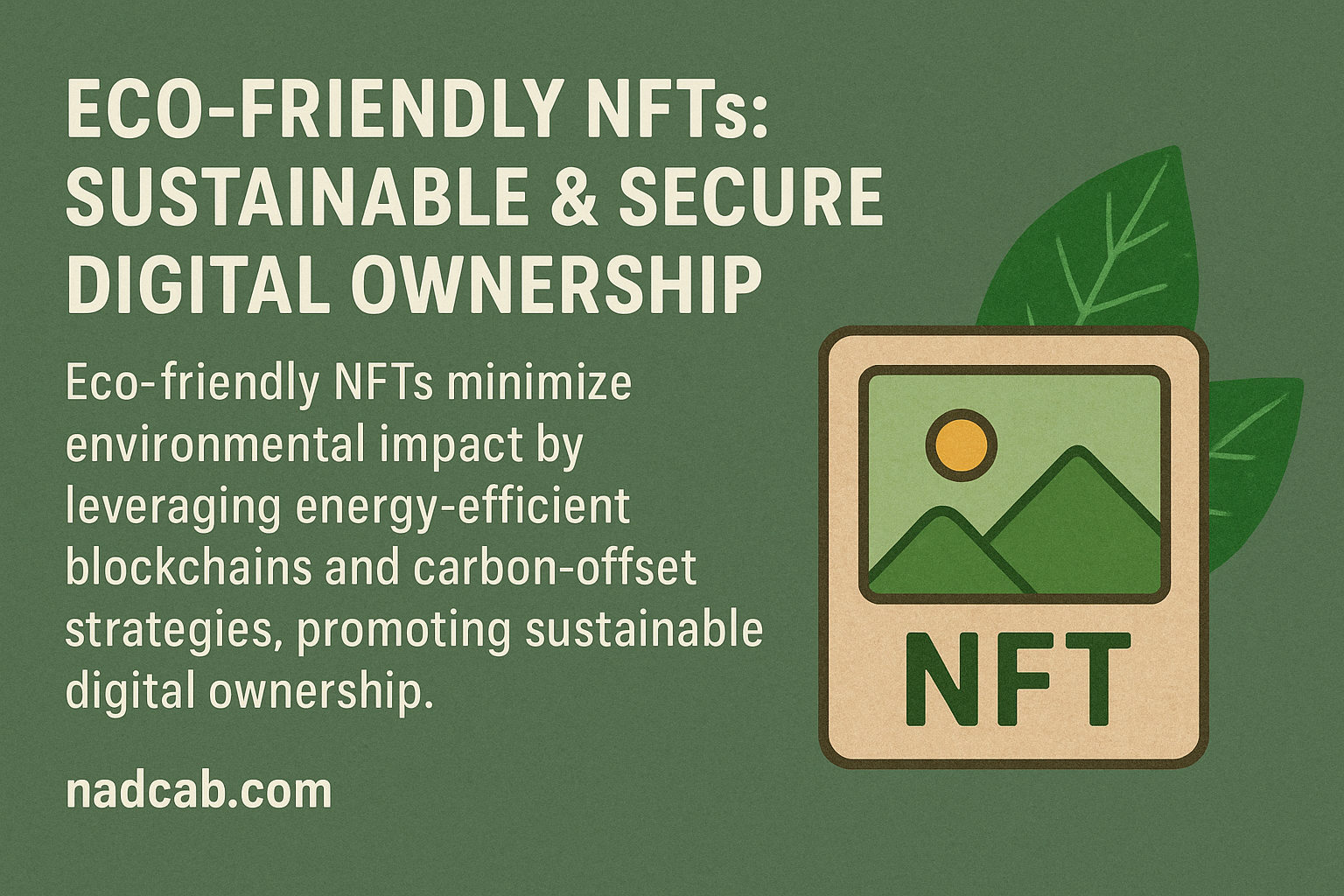Fidelity Investments, a titan in the global asset management space, has officially filed to launch a tokenized money market fund, signaling yet another major leap by traditional finance (TradFi) into the world of digital assets. As blockchain technology becomes increasingly integrated with legacy systems, this move not only underscores growing institutional confidence in tokenization but also sets the tone for how capital markets may evolve over the next decade.
What Is a Tokenized Money Market Fund?
A tokenized money market fund is a traditional short-term investment vehicle—typically invested in low-risk, liquid assets such as Treasury bills or commercial paper—represented digitally on a blockchain. Rather than purchasing and holding shares through legacy systems, investors would own digital tokens that signify their stake in the fund. These tokens can be transferred, settled, or traded almost instantly thanks to blockchain infrastructure.
Tokenization provides a digital wrapper around existing assets, allowing for:
-
Faster settlement times
-
Improved transparency and auditability
-
Greater accessibility for a wider range of investors
-
Lower administrative costs due to smart contract automation
Why Fidelity’s Move Matters
Fidelity’s entrance into tokenized finance carries significant weight for several reasons:
1. Institutional Legitimacy
Fidelity has long been an early mover in digital asset adoption. Its subsidiary, Fidelity Digital Assets, has offered cryptocurrency custody and trading services since 2018. With the filing of a tokenized fund, Fidelity is deepening its commitment and providing a clear signal to other asset managers: blockchain is not just a trend—it’s a strategic foundation.
2. Bridging TradFi and DeFi
Tokenized money market funds serve as a bridge between the traditional and decentralized finance ecosystems. While fully on-chain assets remain nascent, these hybrid products combine the regulatory compliance and credibility of traditional financial institutions with the efficiency and accessibility of blockchain technology.
3. Enhanced Access and Inclusion
By removing geographical and procedural barriers, tokenized funds can open participation to global retail and institutional investors. This is especially relevant for emerging markets, where investors may lack access to traditional money market products through conventional banks or brokers.
The Bigger Picture: Tokenization Is Accelerating
Fidelity is not alone. Other giants such as BlackRock and Franklin Templeton have also entered the tokenized asset space, with BlackRock recently launching a tokenized U.S. Treasury fund on the Ethereum blockchain.
According to a 2024 report by The Global Treasurer, tokenized real-world assets (RWAs) could surpass $10 trillion in market value by 2030, with money market funds being among the most practical early use cases. Blockchain-native protocols, like Ondo Finance, have already begun offering tokenized U.S. government bonds and Treasury bill products, aiming to deliver stable yield to crypto investors.
The trend indicates a growing consensus that blockchain technology is not a disruptor but rather a transformer—modernizing legacy infrastructure and enabling new asset flows in global finance.
Regulatory and Technological Hurdles
While the technology is maturing, tokenized financial products still face regulatory ambiguity, particularly around custody, transferability, and investor protection. Additionally, interoperability between blockchains and legacy systems remains a technical challenge, although Layer-2 solutions and institutional-grade custodians are closing these gaps.
Fidelity’s move will likely require SEC approval and rigorous compliance with existing regulations governing mutual funds and investor protections. However, the involvement of a heavyweight like Fidelity may also encourage regulatory bodies to provide clearer frameworks for tokenized assets.
What’s Next?
If approved, Fidelity’s tokenized money market fund could set a precedent for mainstream tokenization of other asset classes—from bonds to equities and even real estate. With its vast client base and credibility, Fidelity is well-positioned to bring digital asset benefits to traditional investors without requiring them to directly interact with crypto wallets or DeFi protocols.
As the lines between traditional finance and digital assets continue to blur, one thing is clear: tokenization is no longer a theoretical concept. It is a practical, scalable innovation—and Fidelity is helping lead the way.




